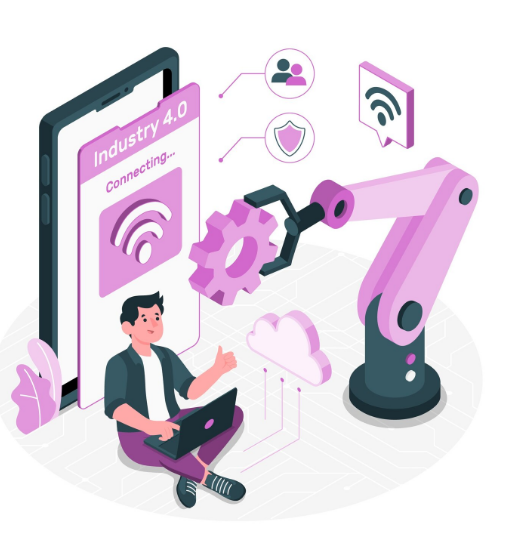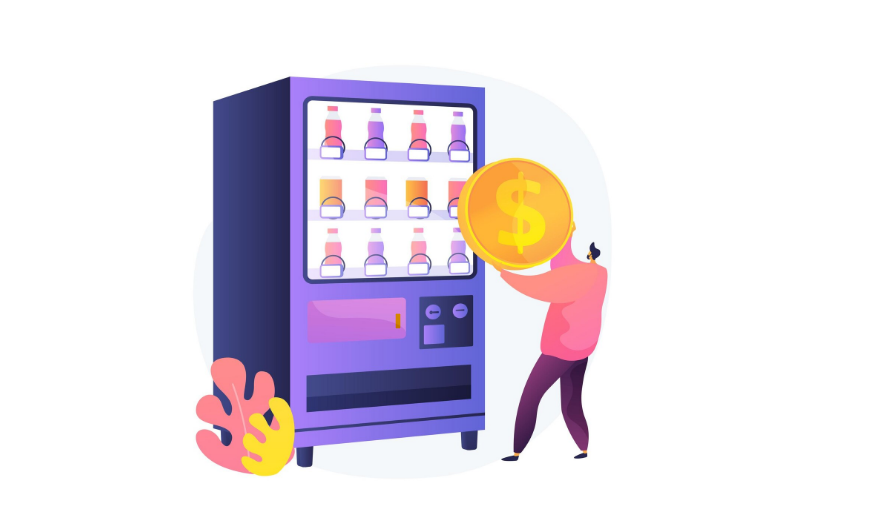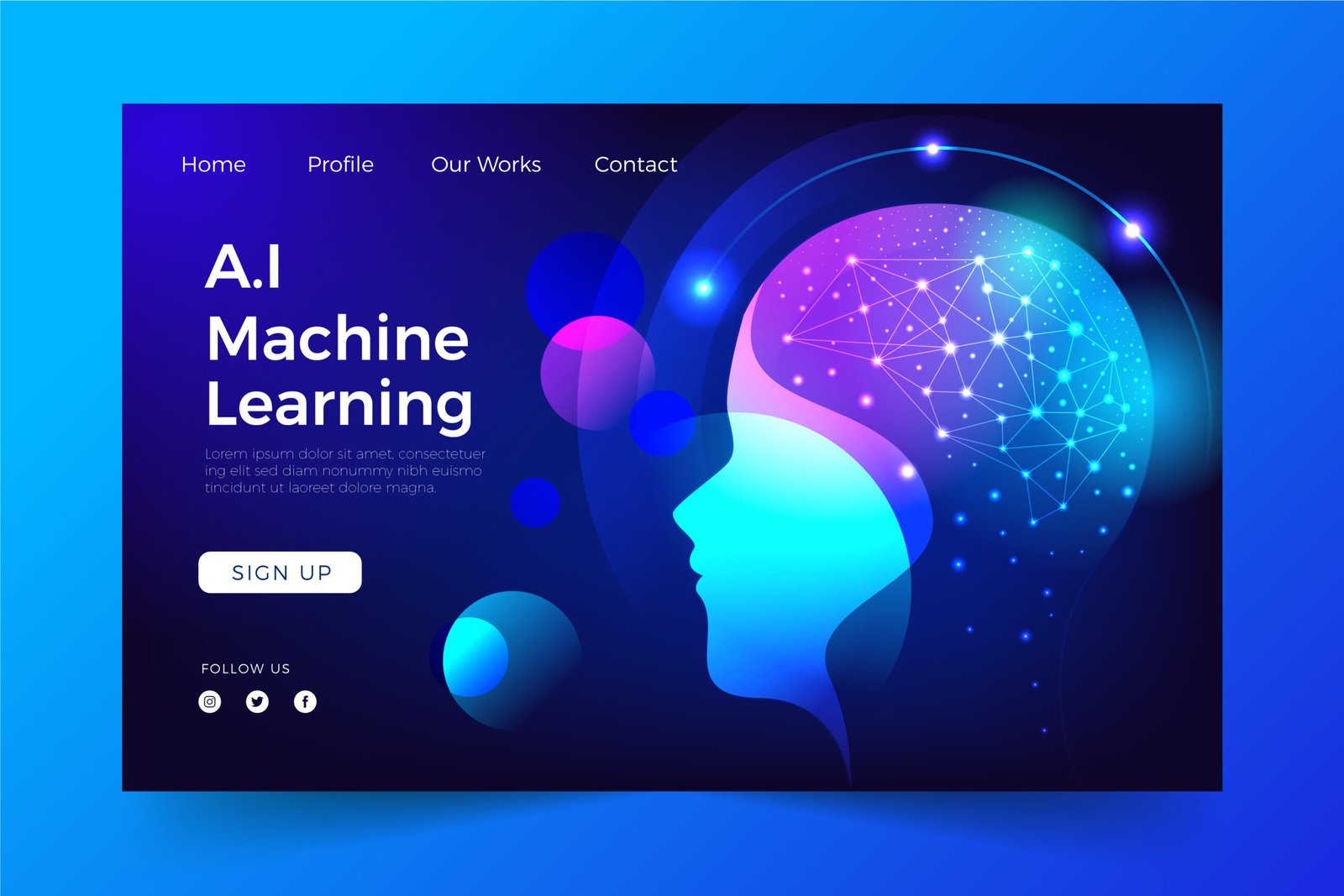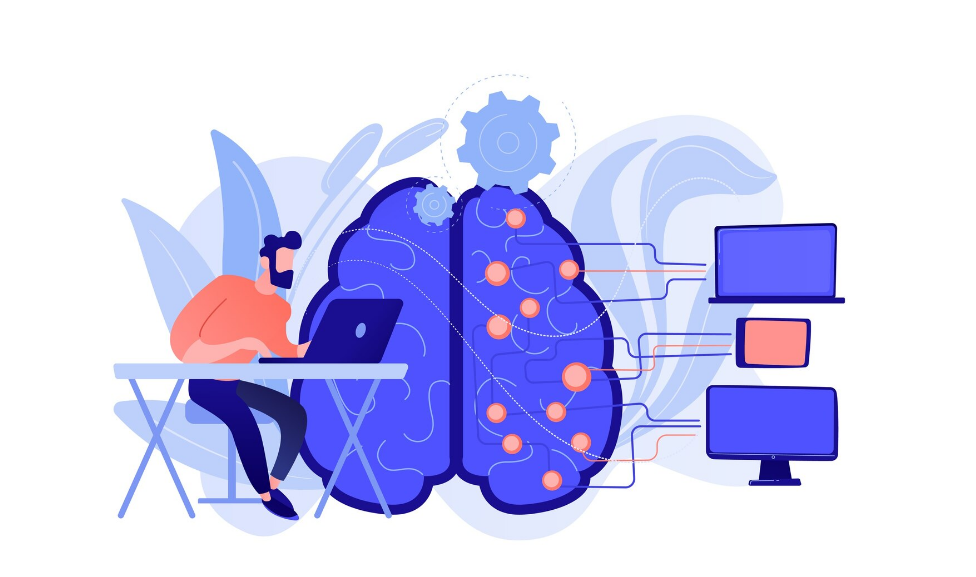In today’s fast-evolving digital landscape, Industrial IoT in B2B is transforming how businesses operate, compete, and grow. As industrial organizations shift from traditional models to data-driven systems, the integration of connected devices, real-time analytics, and intelligent automation is reshaping core operations across manufacturing, logistics, energy, and more.
For B2B companies, Industrial IoT (IIoT) isn’t just a buzzword—it’s a strategic enabler for increased efficiency, reduced costs, and smarter decision-making. This blog explores how Industrial IoT is helping B2B companies automate, analyze, and advance their operations in 2025 and beyond.
What Is Industrial IoT in B2B?
Industrial IoT in B2B refers to the use of interconnected sensors, devices, and software applications to monitor, collect, and analyze data in industrial environments. Unlike consumer IoT, which focuses on smart homes or wearables, IIoT enables B2B organizations to:
- Improve supply chain visibility
- Monitor equipment performance in real time
- Predict maintenance needs
- Automate routine operations
- Optimize resource usage
IIoT brings together operational technology (OT) and information technology (IT), offering a unified view of processes that were previously siloed.
Why B2B Companies Are Investing in IIoT
The benefits of IIoT go far beyond automation. Here’s why more B2B organizations are incorporating Industrial IoT into their tech stack:
1. Operational Efficiency
IIoT devices provide real-time insights into production lines, asset conditions, and energy consumption. Businesses can respond instantly to inefficiencies, bottlenecks, or downtime.
2. Predictive Maintenance
Using machine data and analytics, companies can detect signs of wear before equipment fails. This reduces unplanned downtime and cuts maintenance costs significantly.
3. Enhanced Safety and Compliance
Sensors can detect unsafe conditions and trigger automatic shutdowns. IIoT systems also ensure compliance by continuously logging data required for audits or regulatory bodies.
4. Cost Savings
From energy management to waste reduction, IIoT helps businesses identify areas to cut costs without compromising productivity.
5. Data-Driven Decision Making
With analytics platforms integrated into IIoT solutions, B2B companies gain powerful insights to make better strategic decisions across departments.
Automate: Streamlining Industrial Operations
Automation is at the heart of IIoT. Whether it’s streamlining production or managing inventory, automation enhances speed, accuracy, and consistency.
Key Automation Use Cases:
- Smart Factories: Machines communicate with each other and make adjustments without human input
- Automated Inventory Management: Sensors track inventory levels and reorder when supplies run low
- Remote Equipment Control: Operators can monitor and manage machinery from off-site using IIoT dashboards
These capabilities reduce manual labor, eliminate repetitive tasks, and free up teams to focus on higher-value work.
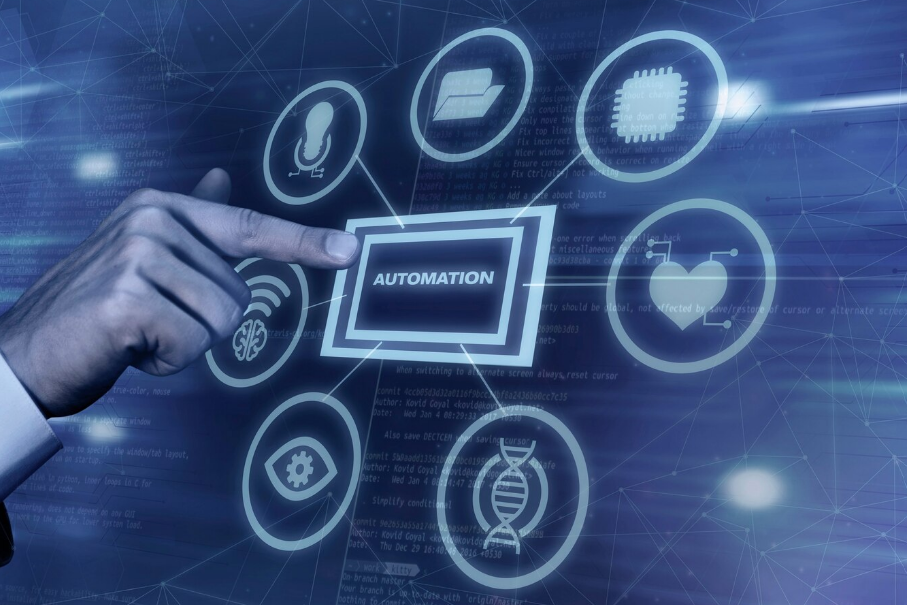
Analyze: Turning Data into Actionable Insights
IIoT isn’t just about data collection—it’s about data intelligence. The ability to analyze massive amounts of data in real time unlocks new levels of insight.
How IIoT Enables Smarter Analytics:
- Real-Time Dashboards: Monitor KPIs across multiple facilities
- AI and Machine Learning: Identify trends, anomalies, and optimization opportunities
- Digital Twins: Create virtual replicas of physical systems to simulate changes before implementing them
With the right analytics tools, businesses can move from reactive to proactive strategies—identifying problems before they escalate and capitalizing on new opportunities faster.
Advance: Driving Innovation and Growth
Ultimately, Industrial IoT in B2B empowers companies to advance beyond traditional limits. It creates a foundation for scalable innovation.
Strategic Advantages of IIoT Adoption:
- Faster Product Development: Feedback loops from IoT sensors accelerate R&D cycles
- Customer-Centric Services: Connected products enable predictive support and service-based models
- Sustainability: IIoT helps companies meet ESG goals by reducing waste, optimizing energy use, and increasing transparency
Companies that adopt IIoT now are positioning themselves ahead of the competition, with the agility and intelligence needed to thrive in future markets.
Challenges to Consider
While the benefits are substantial, successful IIoT implementation does come with challenges:
- Integration with legacy systems
- Data security and privacy concerns
- Initial capital investment
- Skilled workforce for managing IIoT platforms
However, these barriers can be addressed with the right strategy, cross-functional alignment, and support from reliable technology partners.
Conclusion
Industrial IoT in B2B is more than a technological upgrade—it’s a business transformation engine. By embracing automation, real-time analytics, and intelligent decision-making, B2B companies can streamline operations, reduce costs, and open new pathways for innovation.
The time to evolve your industrial operations is now. With a future-forward IIoT strategy, you can automate smarter, analyze deeper, and advance further than ever before.
Is your business ready to leverage Industrial IoT in B2B?
Explore how connected technologies can optimize your operations and accelerate growth. Subscribe to our blog for more insights on B2B tech, innovation, and digital transformation.

